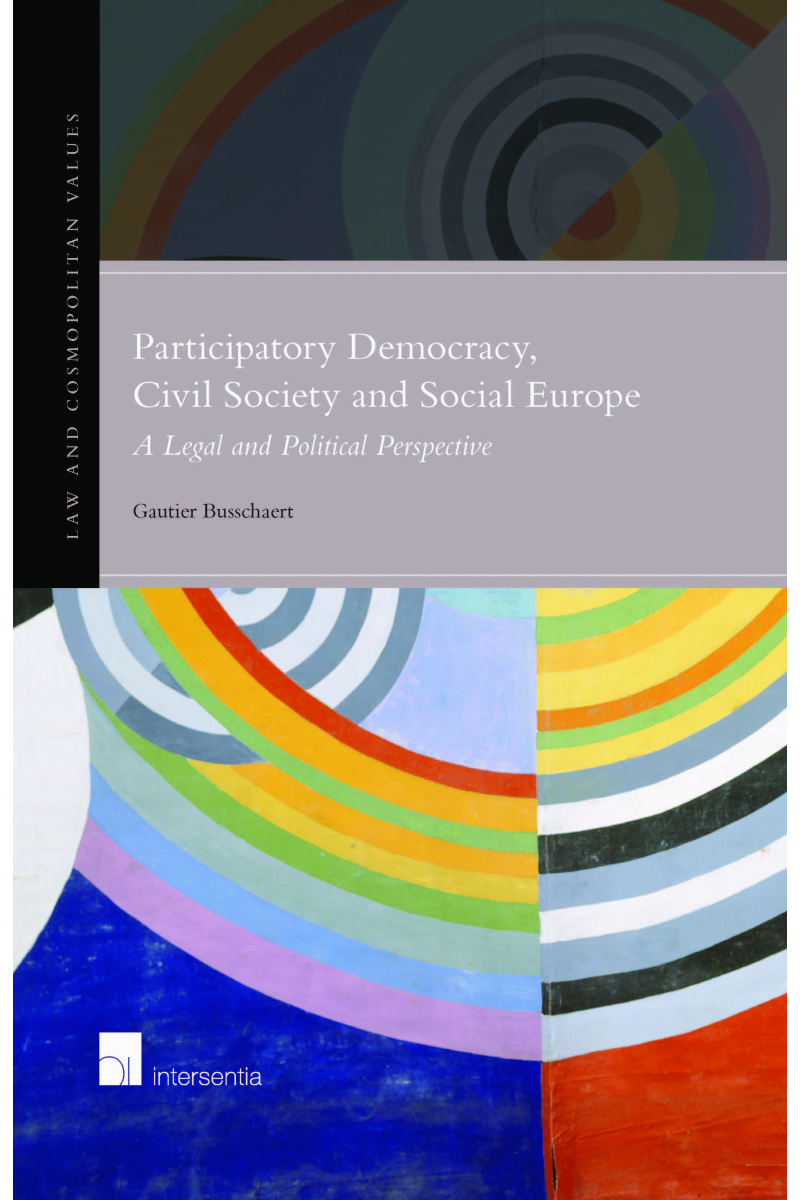 maestro
mastercard
visa
maestro
mastercard
visa

Participatory Democracy, Civil Society and Social Europe
A Legal and Political Perspective

Participatory democracy has become a buzzword in current discussions about how to democratize the EU. European institutions associate it with civil society involvement in European governance and claim that it might reduce its so-called democratic deficit. The Treaty of Lisbon formalizes this promise by enacting a new Article 11 TEU specifically dedicated to participatory democracy as a founding principle of the EU legal order. This participatory turn has already attracted much scholarly attention. However, two fundamental paradoxes have been overlooked.
Whereas participatory democracy was traditionally meant to further the maximum participation of citizens in political life, the EU supports a modern version of the participatory ideal where citizens are represented by a selfdesignated elite of civil society experts. This book takes a critical stance on that technocratic form of government. At the same time, it examines whether there are realistic ways for a bureaucratic organization like the EU to involve a truly civil society of active citizens in governance.
Participatory democracy was also intended to overcome the social inequalities of market capitalism. Yet, the EU came into existence as a European economic community embracing free and undistorted competition. This book claims that European civil society may only flourish if social Europe acts as a counterweight to economic Europe. So it analyses whether the EU has developed a social dimension strong enough to protect civil society from the colonizing forces of European economic integration.
The author is currently working as an attorney at Van Olmen & Wynant, a Brussels-based law firm with a niche expertise in social and employment law. He also holds a PhD in law from the University of Leicester, awarded for the doctoral thesis upon which this book is based.
‘The book is highly recommended to political theorists and lawyers specialising in EU law for several reasons. The author provides a thorough account of the political, institutional and procedural barriers to the enhancement of the EU’s social dimension.’
Matteo Fornasier in EJSS (2018)
| Type of product | Book |
|---|---|
| Format | Hardback |
| EAN / ISSN | 9781780683959 / 9781780687438 |
| Series name | Law and Cosmopolitan Values |
| Weight | 550 g |
| Status | Available |
| Number of pages | xii + 238 p. |
| Access to exercice | No |
| Publisher | Intersentia |
| Language | English |
| Publication Date | Apr 29, 2016 |
| Available on Strada Belgique | No |
| Available on Strada Europe | No |
| Available on Strada Luxembourg | No |
Downloads
- Contents
- Chapter 1. Democratic EU: from Representation to Participation
- Chapter 2. Reviewing the Participatory Ideal of Bits and Pieces
- Chapter 3. Overcoming the Participatory Ideal of Bits and Pieces
- Chapter 4. Revisiting the Fundamentals of Internal Market Law
- Chapter 5. Revisiting the Fundamentals of European Competition law
- Chapter 6. The Civil Dialogue - A Magic Cure for the Democratic Ailments of the Community Method?
- Chapter 7. The Open Method of Coordination - Radicalising Participatory Democracy in the EU?
- Chapter 8. Looking Back - Moving Forward
- Table of Legislation
- Table of Cases
- Bibliography